I can work from anywhere: here's why I refuse to.
Why I abandoned the digital nomad life: my journey to true freedom
For 8 months, I lived exactly what I had dreamed of for so long: life as a digital nomad.
Different cities. Laptop lifestyle. Stories from Zurich coworking spaces and Vancouver cafés. Client calls from airport lounges at 6 AM because time zones are just a suggestion when you're "living the dream." Pool breaks between calls where I'd show up with hair still dripping wet. Laptop and drinks from the beach. Trains, buses and planes had become my regular offices.
I bought into that common idea that if you can work from anywhere, you should work from everywhere. That a flight booked on a whim proves you've made it. That if your office isn't on a beach or tucked inside a co-working loft in a city no one can pronounce, you're doing remote work wrong.
But here's what 8 months of constant movement taught me: this was someone else's idea of freedom, not mine.
The brutal reality nobody warns you about
The shift didn't happen overnight. It was gradual, almost imperceptible.
You start by proving you can work from anywhere, that no company can dictate your geography, that your skills aren't bound by office walls or time zones. But somewhere along the journey, constant movement begins to feel less like liberation and more like avoidance.
You stop counting countries visited. You stop chasing new places just to feel alive. You start craving depth over variety. Fewer hellos, fewer goodbyes. More continuity, more care. Relationships that deepen through shared seasons. The particular kind of belonging that comes from watching the same landscape change through time.
So I started asking myself if this was really my idea of freedom, or someone else's polished life I was chasing.
Because they seemed so happy, and I should be happy too, living so freely in all these different countries and beautiful places, right?
But slowly, I began asking myself what freedom really meant to me. Is it just the possibility to move and work from everywhere, or is there some different kind of freedom that I crave more?
The day I stopped chasing someone else's dream
The pieces began to fit during a period I was spending in the Swiss Alps, in a wonderful house surrounded by mountains.
I realized I was chasing happiness like everyone else, but following a path others had set. A pre-made formula. I believed that if I had their life, I would be happy too.
But finally, one weekend, I stopped. I wrote dozens of pages in my journal on that wooden table nearby Zurich, asking myself what freedom really meant to me.
The summary was simple: freedom, for me, was the power to choose.
Little did I know at the time that people like Tim Ferriss and Morgan Housel had said something along the same lines:
"Wealth is the ability to do what you want, when you want, with who you want, for as long as you want." Morgan Housel, The Psychology of Money
"Options: the ability to choose is real power." Tim Ferriss
But to choose what? I realized that everything, from my partner to my job to the place I lived, was a daily choice. Sometimes we think we have much less power over our choices than we really have.
I discovered that freedom for me means something completely different.
That day I decided it wasn't important for me how many countries I visited, but to have the freedom to move, while also having a place to stay in between.
Freedom to me meant also not to work when I was in these wonderful places, but to enjoy them.
To have the power to choose the projects I wanted to work on.
To have time to experiment and learn, not working until midnight every day.
To choose which tools I want to use, which actions are important.
To follow my flow.
From 'Where can I go?' to 'Where do I belong?'
So I started asking myself the first of many questions: "Since I can live everywhere, where do I want to live?"
I chose the Alps. The Dolomites. The forests of northern Italy. Cold mornings, thick silence, and landscapes that reshape your breath.
Now I work as a B2B marketing consultant from a small studio in the center of town, nestled between the mountains. I have clients across different time zones, which gives me the perfect excuse for occasional trips, but I always come back here. This place has become my anchor.
Two days ago, I packed my backpack to explore a nearby valley. I followed an ancient pilgrim route carved by a bishop centuries before our modern obsession with mobility existed.
There was something profound in walking those paths, realizing that even pilgrims (the real nomads of the last centuries) were ultimately seeking a place to rest, a destination that meant something.
Nowadays I still work from cafés or beautiful spots that this wonderful region offers me. Sometimes even from an airport, and it still gives me a little thrill. But knowing I have a home to return to, with my plants, my friends, and long-term plans, is something that warms my heart.
Maybe that's what we're all doing: learning when to walk and when to stay.
I stopped chasing countries but also tools
This principle extends to how I approach work, especially my exploration of AI and writing. It's not about moving faster, chasing new tools, and producing more. It's about making slower, more intentional choices about what technology we invite into our process and why.
For me, there's a clear parallel: it's not about how many countries you visit or how many tools you use. This hunger for more isn't necessarily making our lives richer.
Freedom is the space to choose what matters: where to live, how to work, when to work, and perhaps most importantly, when to stay put and sink roots into the place, people, tools, and purpose that really serve the life and work you seek.
I'm grateful for all the places I've seen, even though I've never been to Bali.
Obviously, one way isn't necessarily better than another. This is simply an invitation to reflect on whether the dream is actually yours, or if it was presented by someone else.
And no, it's not just digital nomads who can have these freedoms.
Often we focus only on constraints instead of seeking solutions. We think "I can't do this thing" instead of "I’d love this: how can I make it happen?"
»When was the last time you asked yourself what freedom means to you, and how you can take a step towards it?
So now, when local people ask me "You could be living in Bali, and you choose to live here?" I simply answer "Yes" with a smile.
And now you know the reason as well.
If you enjoyed this story, I write regularly about intentional living, meaningful work, and the technology choices that actually matter. I'd love to have you along for the journey, it will be always free.
Read also:
The 6-step system to keep your voice while editing with ChatGPT
✍️ Exploring the human side of AI, one article at a time. Subscribe if you want to build more than just content.
🧠 What if that story that made you cry was written with ChatGPT?
You’re halfway through a novel that’s hitting you right in the gut. It’s beautiful. Honest. Maybe even painful. You close the book for a second, dry your eyes, and then you read: “written with AI.”


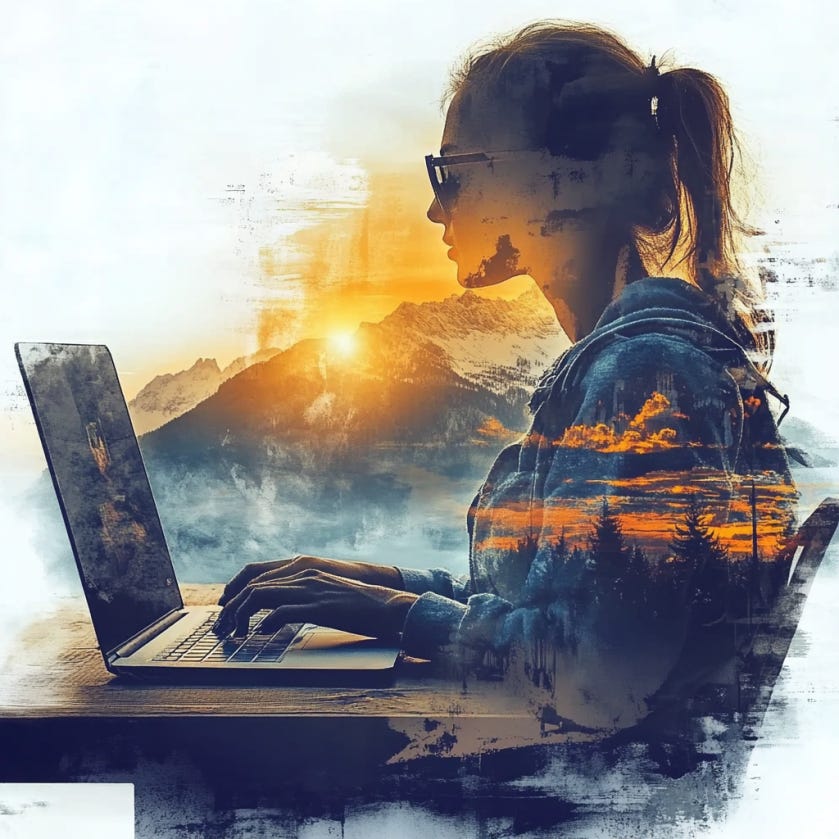
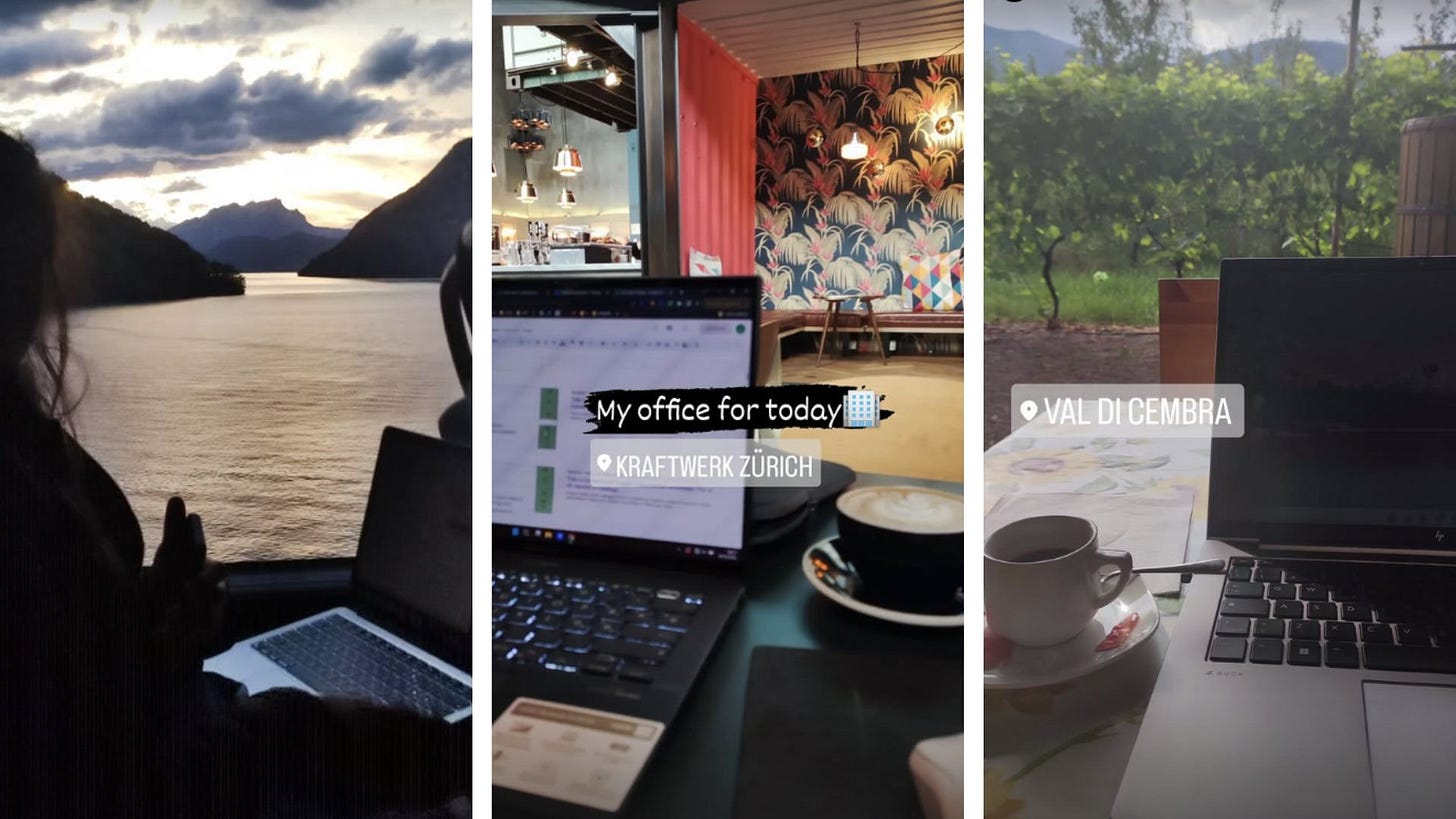
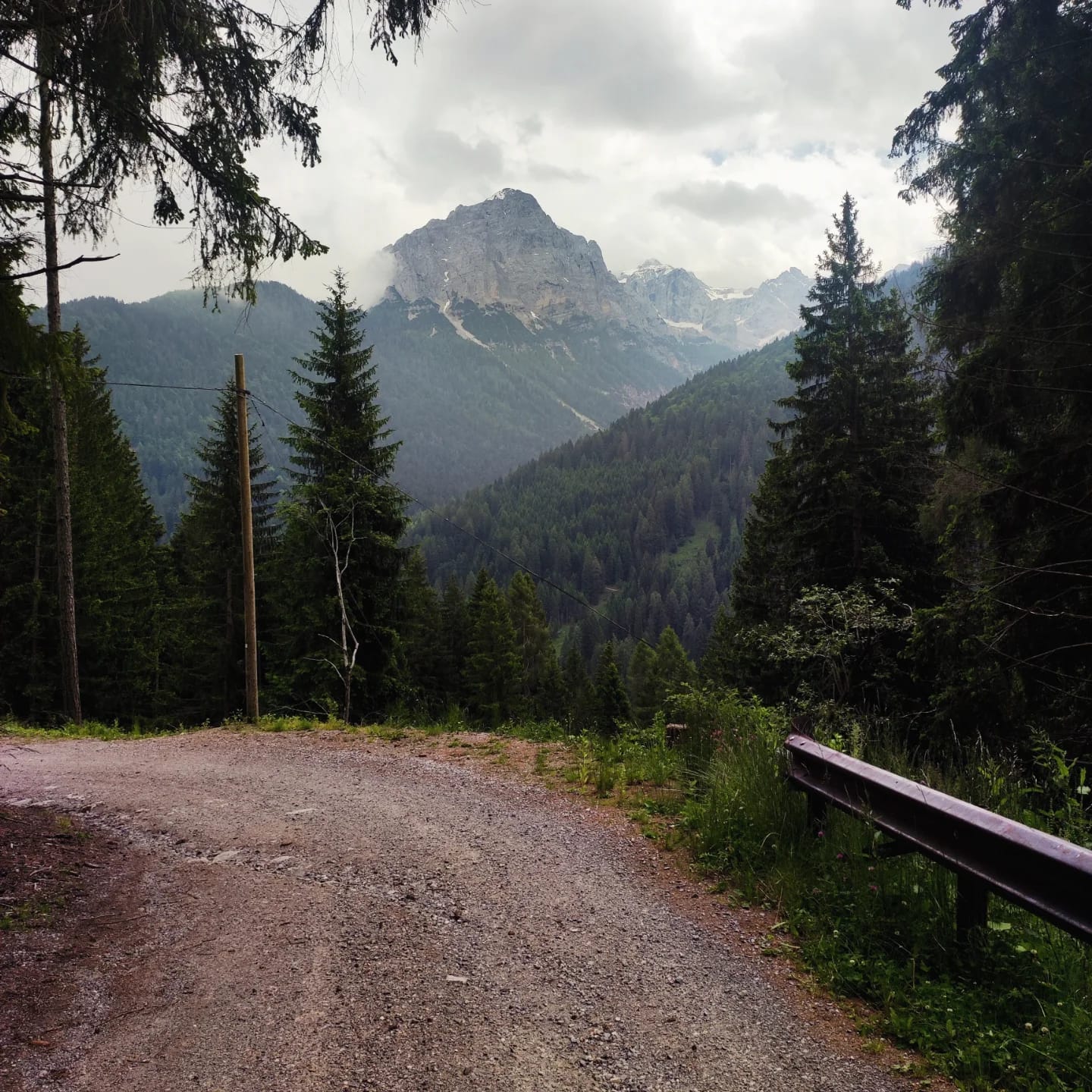
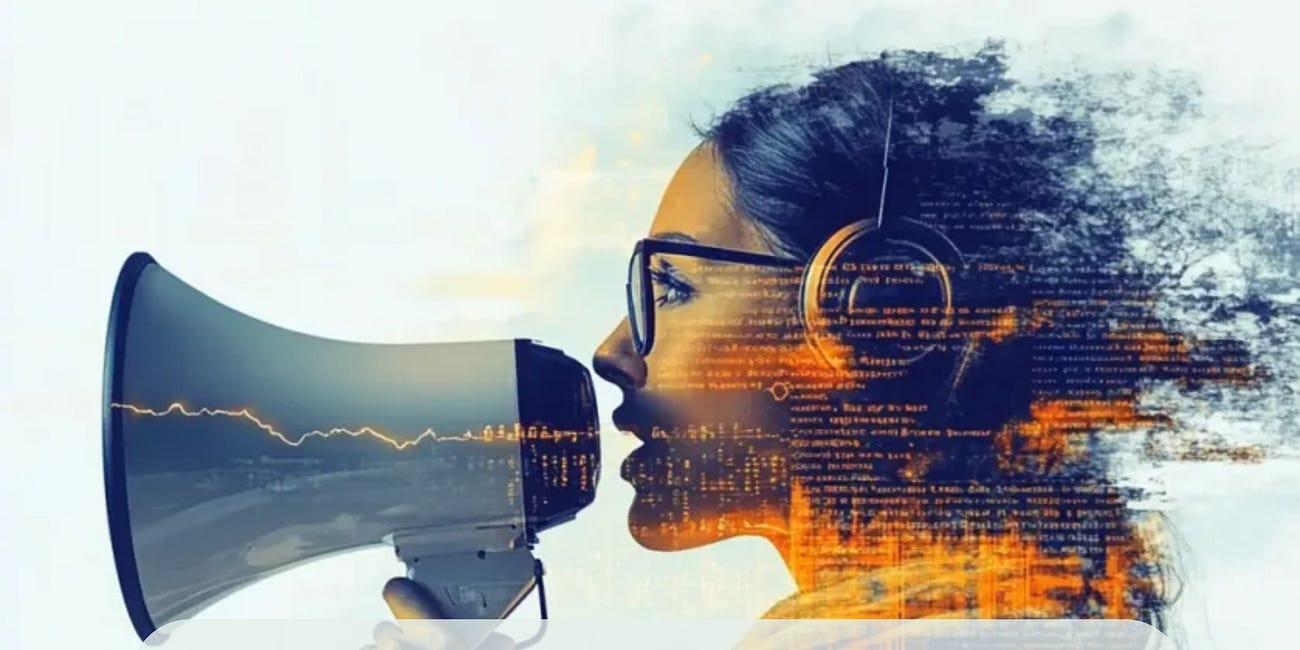
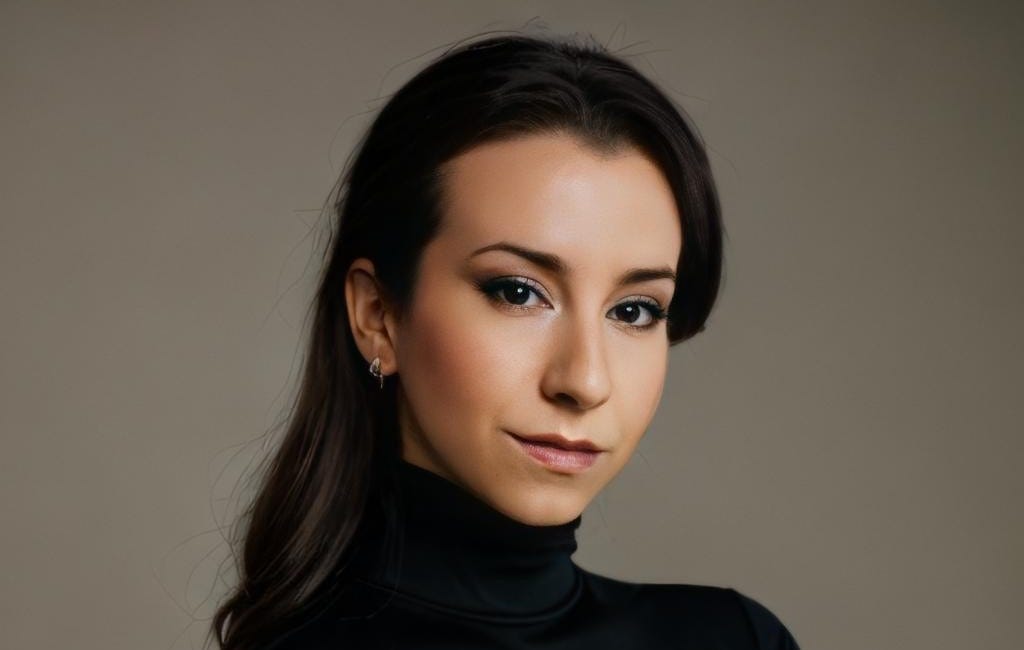
What a wonderful story, Rita. Living the digital nomad life is a dream I’ve had for years. Now that I’m in a situation where I can do that, what did I choose? To live 15 minutes away from my granddaughters so I can be an active part of their lives and they in mine. As they get older, living part time in Belize is still a dream I plan to realize, however. For now, seeing their faces on a routine basis is all the nomadic experience I need.
Enjoyed reading this and learning about your journey, Rita! Psychology of Money is one of the best books I read this yr.